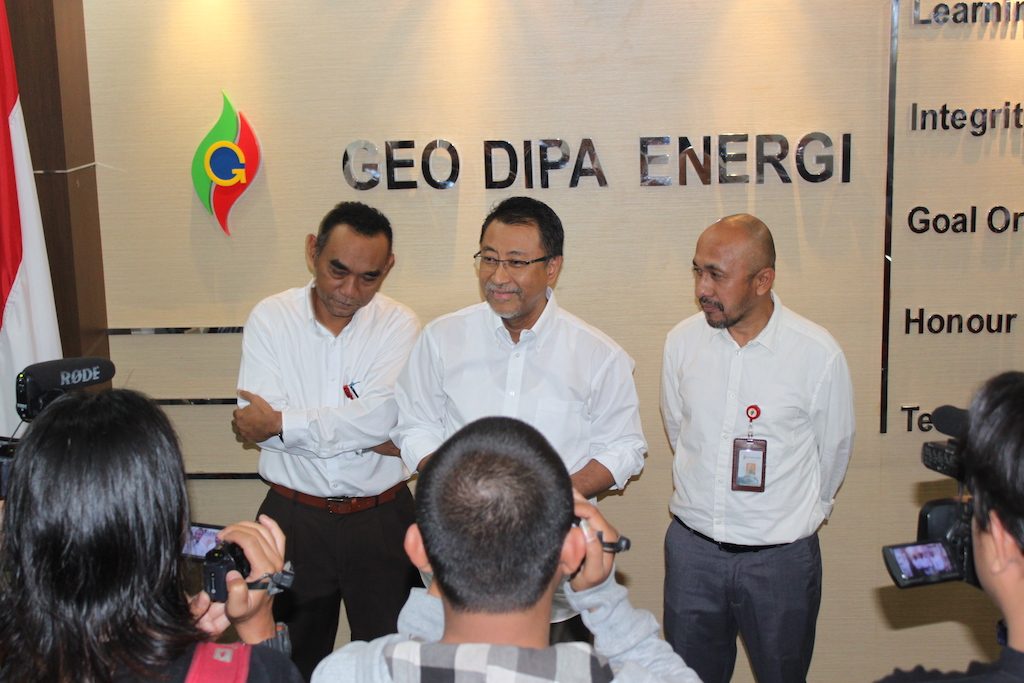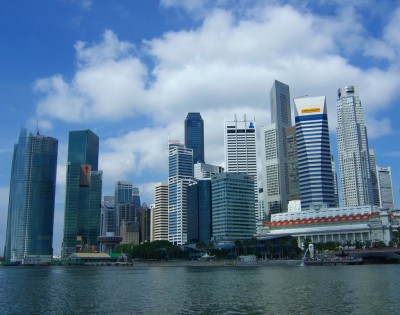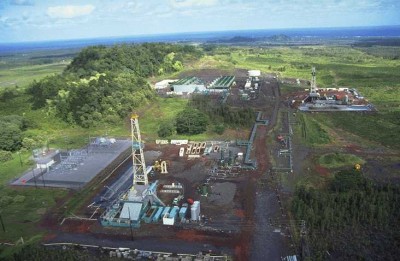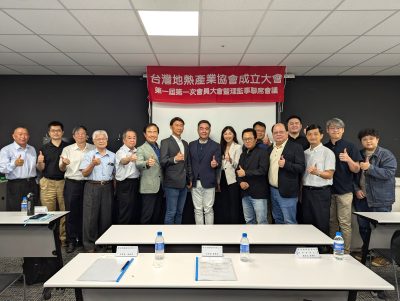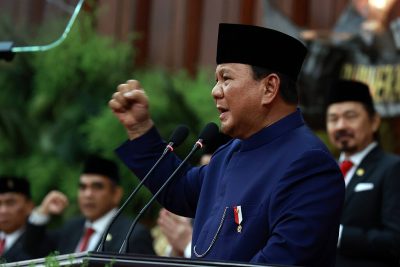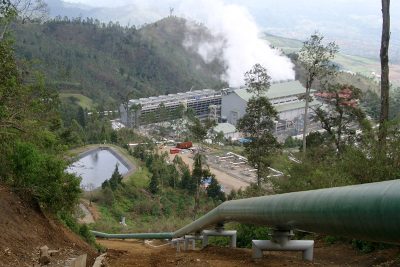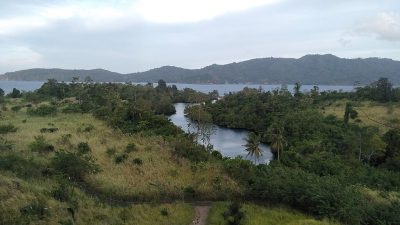Government regulations holding back geothermal development in Indonesia
Government regulations are holding back geothermal development in Indonesia, according to Riki Ibrahim, MD of PT GeoDipa Energi. The validity of feed-in-tariffs with PT PLN is considered too long with 30 years, 10 years would be sufficient, and planned incentive scheme could change this.
The slow development of geothermal energy projects has been slow, as was revealed at the recent Indonesia International Geothermal Conference in Jakarta, Indonesia.
Industry players continue to complain about the power purchase price provisions by state energy company PT PLN based on the current regulations.
In a statement to local news, Riki Firmandha Ibrahim, Managing Director of PT Geo Dipa Energi, revealed that the main cause of the slow development of PLTP is due to government regulations themselves.
The rules include, among others, Ministerial Regulation (Permen) ESDM No. 50 (2017) concerning Utilization of Renewable Energy Sources for Electricity Supply, ESDM Ministerial Regulation No. 49 (2017) concerning Principles in Electricity Sale and Purchase Agreement, and ESDM Ministerial Regulation No. 24 (2017) concerning Mechanism of Determining Principal Costs for PLN Power Generation.
“The regulation states that the Feed-in-Tariff (FIT) or geothermal renewable energy (EBT) prices are valid for 30 years. Whereas what the Independent Power Producer (IPP) requires is that the FIT is only for 10 years, no more. After that the price of buying and selling electricity follows the cost of production (BPP) of the local PLN electricity, “said Riki.
Riki estimates that BPP PLN in the next 10 years will be enough to provide reasonable benefits to geothermal EBT developers. So there is no need to apply FIT for 30 years.
The span of 10 years, according to him, is also in accordance with the agreement on funding of power plant projects from banks, which requires the loan to payback.
“In addition, it also considers the Corruption Eradication Commission (KPK) input on the state’s potential loss of a 30-year contract with FIT due to a high and long price,” he said.
He continued, the application of the FIT for 10 years was in line with the proposed incentive scheme from the Directorate General (Ditjen) EBTKE of the Ministry of Energy and Mineral Resources to the Minister of Finance.
Source: Tribun News
